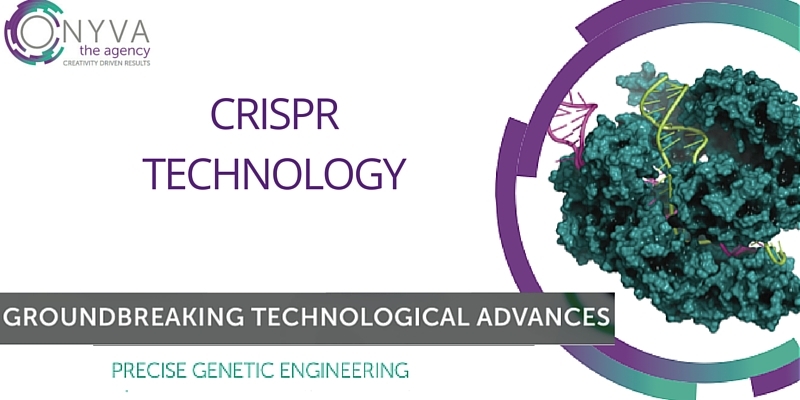CRISPR technology allows for the precise, efficient, and flexible editing of genomes, from bacteria to humans. Consequently, this has tremendous implications in diverse industries. The applications span from basic research, drug development and validation, curing genetic disease in vivo to agriculture and biofuels.
Although, the gene-editing potential of CRISPR-Cas9 was first reported three years ago [1], it was in 2015 that it moved out of academia and into the commercial world. There was significant interest from big pharmaceutical companies. Novartis announced collaborations with leading CRISPR technology companies, Intellia and Caribou, hoping to make strides in immuno-oncology and drug discovery/development. AstraZeneca jumped into the game by partnering with academic and private institutions also eyeing the technology’s potential for drug validation. Finally, Bayer entered into a joint venture with CRISPR Therapeutics AG to discover, develop and commercialize new therapeutics for a variety of diseases and to develop in vivo therapeutics for genetic diseases.
Juno Therapeutics, a leader in immunotherapy, partnered with Editas Medicine with plans to use CRISPR technology for their work on the development of CAR-T therapies for cancer. Outside of the pharmaceutical space, DuPont also entered into a collaboration with Caribou, with a specific interest in agriculture.
Amid the frenzy of commercial interest, a patent dispute over the technology is in progress. Additionally, the potential of the technology to ‘easily’ perform germ-line editing has also created significant controversy with some fearing its use to make ‘designer babies’. Whether for scientific, financial or ethical reasons, CRISPR will not be leaving the headlines anytime soon.
See our full report here
[1] Jinek, M et al. A programmable dual-RNA-guided DNA endonuclease in adaptive bacterial immunity. Science. 2012 Aug 17;337(6096):816-21. PMID: 22745249

